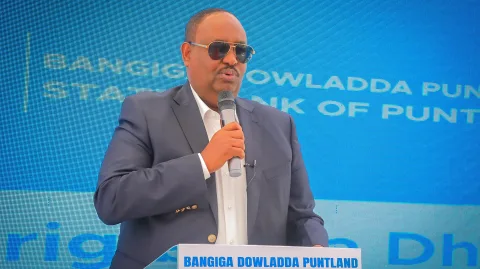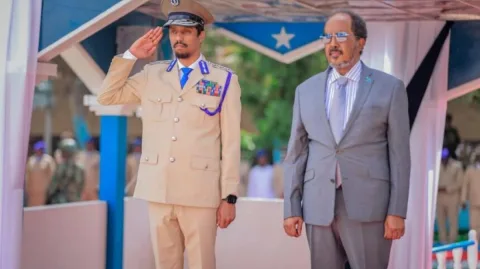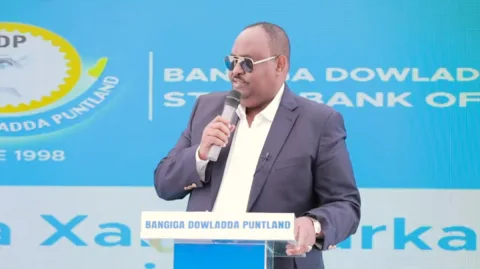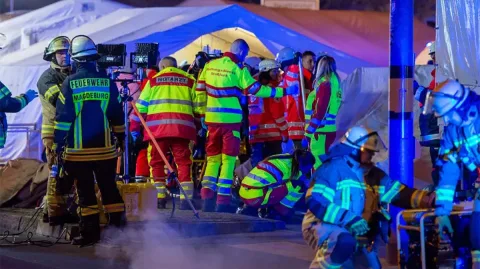Abdiweli Mohamed Ali has listed his accomplishments on less than half a typewritten page, from a…

Abdiweli Mohamed Ali has listed his accomplishments on less than half a typewritten page, from a teaching fellowship at Harvard University to his current post as Prime Minister of Somalia, a position to which he was appointed last June when his predecessor abruptly resigned.
Today, he presides over a country rife with problems: Civil war has raged for 20 years and the country is currently suffering its worst famine in six decades. More than 750,000 Somalis are affected by starvation, with many of those living in areas controlled by al-Shabab, a group of Islamist militants fighting to overthrow the current government.
Mr. Ali, who was an associate professor of economics at Niagara University in Buffalo before he was tapped for his current job, has been given a one-year mandate to lay the groundwork for an election in August. He appealed to Canada for financial help and military training for Somalia’s police and military. Mr. Ali spoke with The Globe And Mail in Toronto, en route to New York to attend a United Nations Security Council meeting where he will speak about Somalia’s plight.
You mentioned your government is in negotiations with al-Shabab. Have links already been established? What is the status of the current negotiations?
So far it’s been informal contacts. I am getting phone calls from people who claim to be part of al-Shabab and they tell me they are willing to negotiate. We welcome that. After all, we are all Somalis and as long as they renounce violence, we have to take the route of reconciliation. They need to lay down their arms, of course, before coming to the table to negotiate.
That’s a pretty big ask from al-Shabab. How practical is that?
Well, we have one of two options: either negotiate peacefully and renounce violence; or continue the same path we have been going through, which is violence and terrorizing people. We cannot tolerate that. Actually, we don’t have a lot of preconditions. If they want to have dialogue with us and have peaceful negotiations with the government, we welcome that.
You spoke of the need for more military and police trainers in Somalia, and suggested this is an area where Canada could specifically contribute. Aren’t there already such trainers in Somalia?
No, we don’t have those. Not inside Somalia. The European Union is providing some training for the Somali national army. They are training outside the country but we don’t have American, British or Canadian trainers. We need these because security institutions are essential to law and order. We also need logistical support – communication, transportation, even providing salary in the short term – so that once we have a bigger, broader tax base we will be able to provide salaries for our soldiers. We need a lot of financial help.
One of the issues particular to the diaspora is the trend of some Somali-Canadian youth going back to Somalia to join the militias. How do you fight that problem?
Extremism in Somalia is not a domestic phenomenon. It is not a local phenomenon. It is a global phenomenon and that’s what the international community has got to understand. Somalia is now the front line of defence for that extremism. That’s why we need help. We are trying to present these kids with counter-narratives, to show them that the militias are not the answer, but we need help.
The focus on terrorism has shifted from al-Qaeda in Iraq to places like Yemen and Somalia. What are your greatest fears for your country?
It is not just about my country. This needs to be seen as a regional issue. We need to have a regional strategy with our neighbours. We also need the global strategy against terrorism to reflect the new reality.
Source: Globe and Mail





